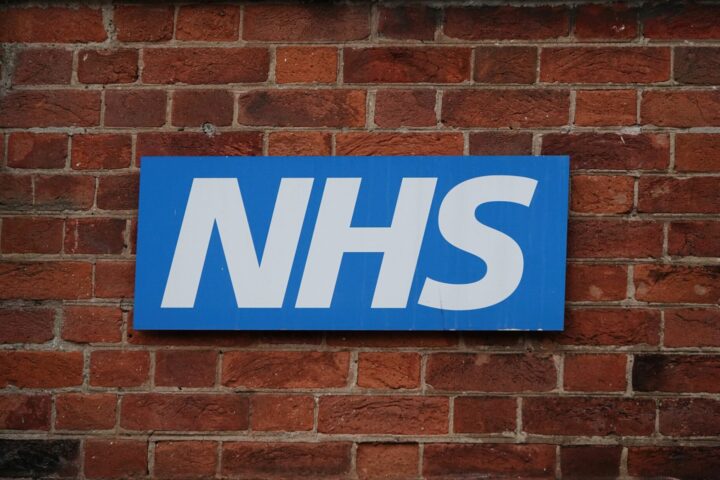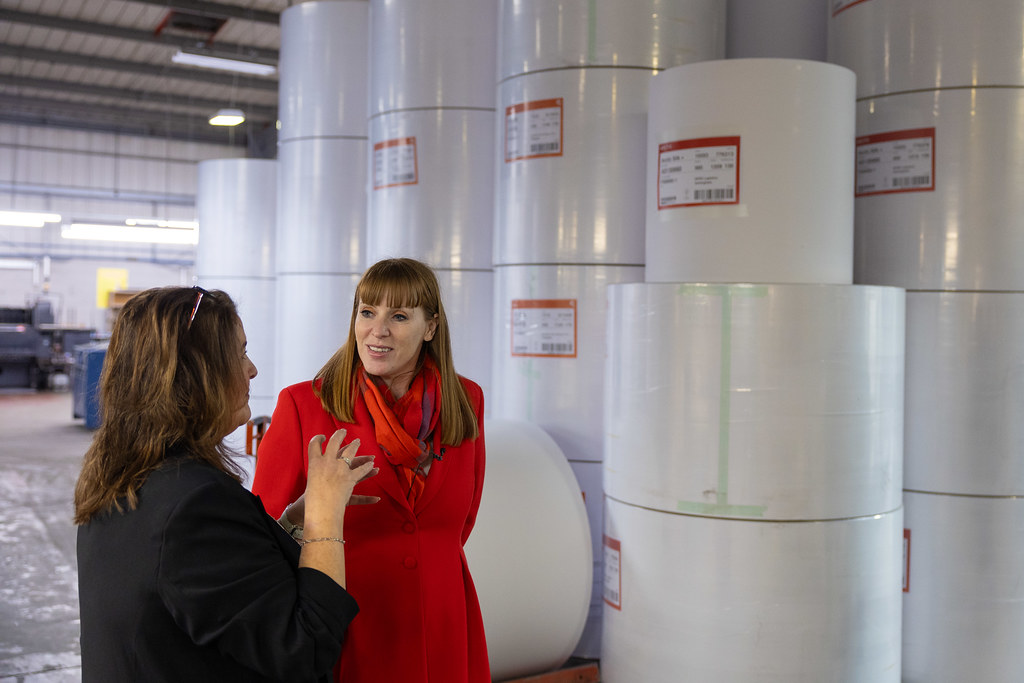The Royal College of Radiologists has issued a stark warning about recruitment freezes across NHS cancer and diagnostic services, raising concerns about patient care, increased costs, and the feasibility of meeting government pledges to improve early cancer diagnosis and reduce delays.
New analysis reveals that over 20% of NHS trusts have implemented recruitment freezes across all regions of England and the UK. This move halts much-needed workforce expansion at a time when rising patient demand and persistent care backlogs make additional staff critical.
With the NHS facing a shortage of 1,962 consultant radiologists and 185 clinical oncologists, existing staff are struggling to meet targets, leading to delays in cancer diagnoses and treatment. More than 80% of patient pathways rely on radiology, making these shortfalls particularly concerning. Delays in scan reporting contribute to slower treatment, with research indicating that a month’s delay in starting cancer treatment increases the risk of death by 10%.
Despite the NHS’s target of reporting all scans within a month, over 420,000 scans in the first half of 2024 breached that timeline.
Short-term cost-cutting driving recruitment freezes
Recruitment freezes are attributed to financial pressures, with some trusts imposing cuts to balance budgets and others being directed by national NHS bodies to pause hiring. However, this short-term approach may result in higher long-term costs. Locum use and outsourcing to private companies are already widespread, with outsourcing alone costing £276m in 2023—enough to pay for nearly 2,700 consultants.
While outsourcing provides temporary relief, it is inefficient, leading to increased costs, repeated reporting, and missed training opportunities for junior doctors. Many outsourcing providers are also nearing capacity, limiting how much additional work they can handle.
Regions such as the East Midlands and the East of England are particularly affected, with 40% and 27% of trusts, respectively, experiencing recruitment freezes. These areas already had workforce shortfalls of over 30%, compounding risks to patient outcomes.
Newly trained consultants face job scarcity
Financial pressures have also led to a sharp reduction in funded consultant vacancies—from 518 in 2023 to just 152 in 2024. With 264 radiologists completing training last year, many could face a lack of permanent jobs, forcing them to take locum positions, seek employment abroad, or leave healthcare altogether.
Dr Katharine Halliday, president of the Royal College of Radiologists, commented: “Recruitment freezes are a false economy, and it is patients who will pay the price. We are facing severe workforce shortfalls and rising demand, so all these freezes will achieve is to force departments to spend more on costly alternatives. We urge the Government to make sure our cancer and diagnostics services can recruit the staff they need.”

















